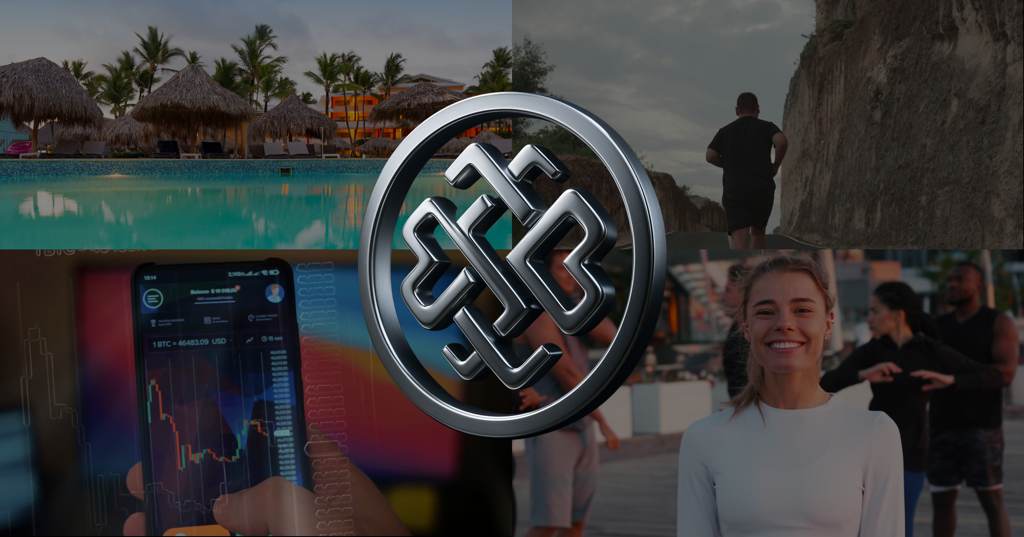Ask most new traders what determines success, and you’ll hear about strategy, indicators, or entry precision. Few mention the one factor that truly separates professionals from amateurs: risk management. The truth is, anyone can take a lucky trade. But only those who master risk can survive long enough to build consistency. And consistency is what defines a real trader.
1. Trading Is Not About Winning, It’s About Lasting
Many traders chase perfection, believing they must win every trade. Professionals know better. They understand that losses are part of the game, and the goal isn’t to avoid them — it’s to make sure no single loss wipes them out. Risk management ensures survival. If you risk 1 to 2% per trade, even a losing streak won’t destroy your account. Without it, a few emotional mistakes can end your trading career before it truly begins.
2. Capital Preservation Is Capital Growth
Every dollar you keep is a dollar you don’t have to earn back. That’s why successful traders treat preservation as a form of profit. It’s simple math: if you lose 50% of your account, you need a 100% gain just to break even. Risk management acts as your financial seatbelt. It protects your equity through volatility and gives you the staying power to compound over time.
3. Position Sizing Is Power
Risk isn’t just about stop losses. It’s also about how much exposure you take on. Proper position sizing aligns your trade size with your tolerance, strategy, and account balance. A trader who risks too much in one position is gambling, not trading. Consistent position sizing creates emotional stability, which is just as critical as technical accuracy.
4. Psychology and Risk Are Connected
Risk management isn’t just about numbers; it’s about mindset. When you know exactly how much you could lose, you trade without fear. That calmness allows you to stick to your plan, follow logic over emotion, and execute with clarity. The undisciplined trader reacts emotionally. The risk-managed trader responds strategically. Technical skills, news analysis, and even automation can provide temporary advantages. But only risk management ensures longevity. It’s not the traders who make the most money quickly who last — it’s those who lose the least, manage their emotions, and protect their capital.
Today, some of the most forward-thinking trading education companies are emphasizing this very principle: teaching traders to prioritize risk before reward. ZiNRai, for example, has built its curriculum around discipline, mindset, and sustainable growth, merging live educator-led sessions with AI-assisted learning. Their approach reflects a modern truth: mastering risk management isn’t just about protecting capital, it’s about developing the emotional control and structure that every successful trader depends on. In the end, risk management isn’t a defensive tactic. It’s your greatest offensive weapon.













